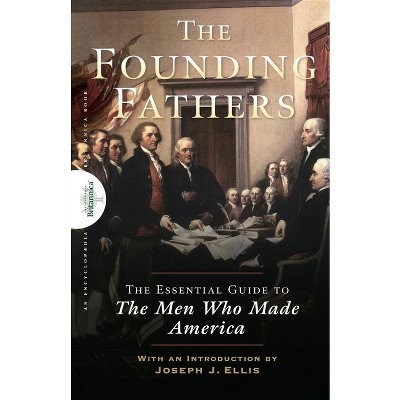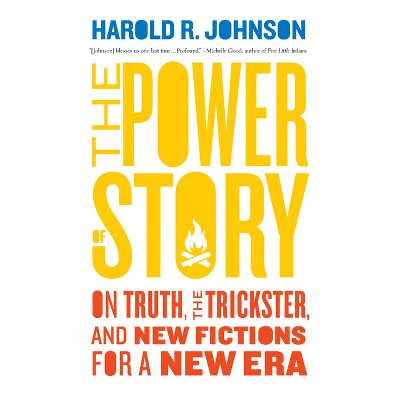Sponsored

Navajo Trading the End of an Era - by Willow Roberts Powers (Paperback)
$20.80Save $4.15 (17% off)
Out of Stock
Eligible for registries and wish lists
Sponsored
About this item
Highlights
- This overview is the first to examine trading in the last quarter of the twentieth century, when changes in both Navajo and white cultures led to the investigation of trading practices by the Federal Trade Commission, resulting in the demise of most traditional trading posts.
- Author(s): Willow Roberts Powers
- 296 Pages
- History, Native American
Description
About the Book
This overview is the first to examine trading in the last quarter of the twentieth century, when changes in both Navajo and white cultures led to the investigation of trading practices by the Federal Trade Commission, resulting in the demise of most traditional trading posts.Book Synopsis
This overview is the first to examine trading in the last quarter of the twentieth century, when changes in both Navajo and white cultures led to the investigation of trading practices by the Federal Trade Commission, resulting in the demise of most traditional trading posts.Review Quotes
"[Powers's] view that Navajo trading has radically changed since the 1960's is absolutely sound. She also understands the Navajos' perspective on trading and yet admires the older legitimate traders who tried to help their customers. Her book provides a great deal of information."
"[Powers] does an admirable job of weaving oral history, newspaper accounts, letters, and legal records to present a well-rounded perspective of a topic that is usually overly romanticized."
"ÝPowers's¨ view that Navajo trading has radically changed since the 1960's is absolutely sound. She also understands the Navajos' perspective on trading and yet admires the older legitimate traders who tried to help their customers. Her book provides a great deal of information."
"ÝPowers¨ does an admirable job of weaving oral history, newspaper accounts, letters, and legal records to present a well-rounded perspective of a topic that is usually overly romanticized."
"For anyone who has ever visited a trading post in the past, this book will bring back memories of a bygone era. For those who have never been on the Navajo Reservation or to a trading post, this book will give you an inside look as to the inner workings of the trader-Navajo relationship. Anyone interested in learning about the Navajo and trading will need to read this book."
"Powers clearly possesses first-rate scholarly credentials. . . . Powers offers a well-constructed discussion of the structure of trading and of the influence of traders, collectors, and anthropologists on the production of crafts."
"Powers offers a sound understanding of the ways trading on the Navajo reservation from the 1870s through the 1980s was a cross-cultural experience."
"Powers is admittedly sympathetic to the traders, seeing most of them as hardworking people who did in fact serve the Navajo. . . . Overall, this well-researched and personal account provokes reflection."
Dimensions (Overall): 8.96 Inches (H) x 6.2 Inches (W) x .77 Inches (D)
Weight: 1.05 Pounds
Suggested Age: 22 Years and Up
Number of Pages: 296
Genre: History
Sub-Genre: Native American
Publisher: Unm Press
Format: Paperback
Author: Willow Roberts Powers
Language: English
Street Date: November 1, 2002
TCIN: 88976025
UPC: 9780826323224
Item Number (DPCI): 247-56-8902
Origin: Made in the USA or Imported
If the item details aren’t accurate or complete, we want to know about it.
Shipping details
Estimated ship dimensions: 0.77 inches length x 6.2 inches width x 8.96 inches height
Estimated ship weight: 1.05 pounds
We regret that this item cannot be shipped to PO Boxes.
This item cannot be shipped to the following locations: American Samoa (see also separate entry under AS), Guam (see also separate entry under GU), Northern Mariana Islands, Puerto Rico (see also separate entry under PR), United States Minor Outlying Islands, Virgin Islands, U.S., APO/FPO
Return details
This item can be returned to any Target store or Target.com.
This item must be returned within 90 days of the date it was purchased in store, shipped, delivered by a Shipt shopper, or made ready for pickup.
See the return policy for complete information.
Frequently bought together

$9.02 - $19.99
MSRP $17.00 - $19.99
4.6 out of 5 stars with 567 ratings
Trending Non-Fiction


$18.28
was $19.58 New lower price
4.7 out of 5 stars with 17 ratings










